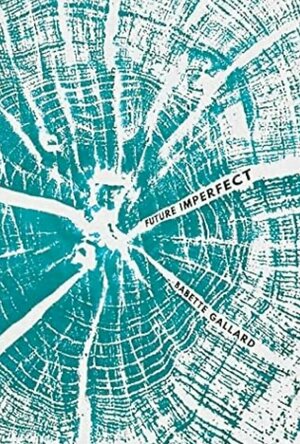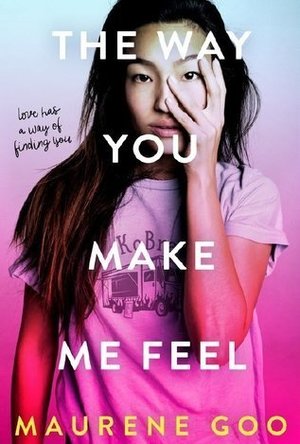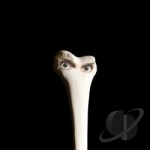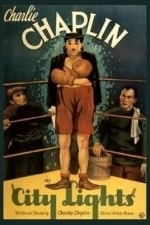
brightwheel - Early Education
Education and Social Networking
App
brightwheel is everything you need for your early education program all in one simple app. Our top...
ClareR (6054 KP) rated Future Imperfect in Books
Dec 4, 2023
In this atmosphere, Helen and Isha are attempting to return to the UK when their home in Arles is flooded, but as Isha is deemed to be Ugandan (her grandparents came from Uganda as refugees) only Helen can enter. Which for them is unacceptable. So Helen decides she must stay with Isha, and the two of them decide to make for Switzerland and an old friends mountain chalet.
But this is a world where everyone is constantly monitored, and as the weather and climate worsen, so do the actions of the French and Swiss governments. To be caught is to potentially be killed.
Jana, Helen and Isha’s adopted daughter, decides to follow her parents. Unlike them, she is permitted to be in France, so her journey, whilst difficult with her small daughter, is much easier.
AI is needed for every aspect of life in this world, and it’s the ideal way to track those who really don’t want to be tracked. Everything needs to be paid for using this method as well. Fortunately, Helen and Isha meet a terrorist organisation who agree to help them. They’re not the only ones to help the women. It just goes to prove that there are good people everywhere in times of need, they just need to be brave enough to step forward.
There’s a lot to think about in this story and a lot of what happens is already happening to a lesser degree (so far!): floods, fires, famine. The future this novel paints is not a good one.
Oddly, I really enjoyed this, as I do with all of these imperfect future novels. There were parts in the story where I didn’t really want to read on, because I didn’t want bad things to happen to these good people, but I’m so glad I did.
Read with The Pigeonhole.
Heather Cranmer (2721 KP) created a post
Mar 25, 2022
Sophia (Bookwyrming Thoughts) (530 KP) rated The Way You Make Me Feel in Books
Jan 23, 2020
I <em>loved</em> Maurene Goo's previous novel, <em>I Believe In A Thing Called Love</em>, so when I got an email from Netgalley, I jumped at the chance to read Goo's latest novel because I knew I wouldn't be disappointed with a cute contemporary novel. (I also jumped at the chance to be on the blog tour, because oh my goodness, cute books will be shoved at the world. #sorrynotsorry)
<em>The Way You Make Me Feel</em> does <em>not</em> disappoint in levels of cuteness. Goo's latest novel follows Clara, who is introduced as the class clown, committing pranks and causing mischief since early on in her high school career. She especially likes making life difficult for her classmate Rose, the person she got her in trouble in the first place. Clara takes her pranks too far one day and it results in an entire summer stuck with Rose.
Clara is an... interesting character. She was a little hard to like at first, but over the course of the novel, Clara grew on me. She is sassy, carefree and gets in trouble... A LOT. She's also a little rebellious.
I think my favorite part, however, is the <em>food</em>. Food is an important part of the story, and I think my mouth watered while reading the book. Clara's dad owns a food truck called KoBra, which takes Korean and Brazillian cuisine. Both Clara and Rose work the food truck during the summer, where they are forced to get along with each other. they eventually develop a friendship, and I enjoyed seeing them grow from enemies to friends. (This is probably when I started liking Clara a <em>lot</em> as a character. Maybe it's just me and my opinions.)
The side characters of <em>The Way You Make Me Feel</em> are my favorite characters - I love Hamlet (this is a wonderful name as much as the play is wonderful) and his grandparents, who are adorable and cute and funny, as much as I grew to love Clara, Rose and the rest of the characters.
If you're looking for a cute contemporary read that is bound to make you hungry, <em>The Way You Make Me Feel</em> is the perfect novel.
<a href="http://bookwyrmingthoughts.com/blog-tour-the-way-you-make-me-feel-by-maurene-goo-arc-review-playlist/"; target="_blank">This review was originally posted on Bookwyrming Thoughts</a>
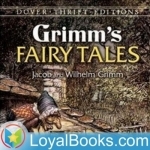
Grimms' Fairy Tales by Jacob & Wilhelm Grimm
Podcast
Talking animals, wicked stepmothers, valiant tailors, cruel witches! Sixty-two stories that feature...
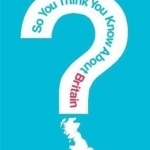
So You Think You Know About Britain?
Book
When it comes to immigration, the population explosion, the collapse of the family, the north-south...
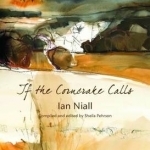
If the Corncrake Calls
Ian Niall, Sheila Pehrson and Barbara Greg (Illustrator)
Book
When the Scottish writer John McNeillie died on the 24th June 2002 aged 85, he left behind a legacy...
Laetitia Sadier recommended Halo by Juana Molina in Music (curated)
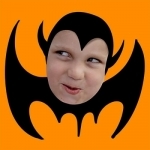
CHOMP by Christoph Niemann
Book and Education
App
"Editor´s Choice Award" by Children´s Technology Review for Excellence in Design! wired.com:...
